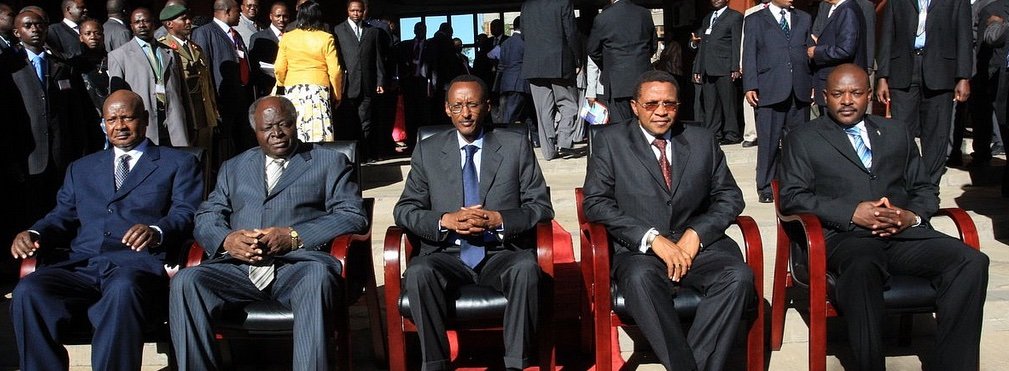
Policy Scripts of African Leaders
Along with my colleague Professor John F. Clark, a specialist in the international relations of Africa’s Great Lakes region, I’ve recently begun to apply insights from the sociological study of symbolic interaction to the development of policy scripts that distinguish among African leaders. Particularly in the case of Africa’s personalist governments—where one individual may dominate the political landscape for many years—it makes sense to investigate the way the tendencies of one leader contrast with those of another.
Together with Professor Moses Khisa, we are currently at work on a paper exploring the political socialization of Yoweri Museveni of Uganda and Meles Zenawi of Ethiopia during the protracted insurgencies that preceded their years of rule. We find that the lessons learned during their rise to power not only shaped their policies once in office but even, and less expectedly, carried over in their foreign policies.
John also has a forthcoming edited book on elite political identities and their implications within three different forms of government on the African continent: personalist regimes such as Uganda under Yoweri Museveni or Rwanda under Paul Kagame, party-dominant regimes such South Africa under the ANC or Botswana under the BDP, and competitive multi-party regimes as in Nigeria. In our co-authored introductory chapter to the book, we offer some general hypotheses for the ways early-career political socialization leads to distinct policy scripts.